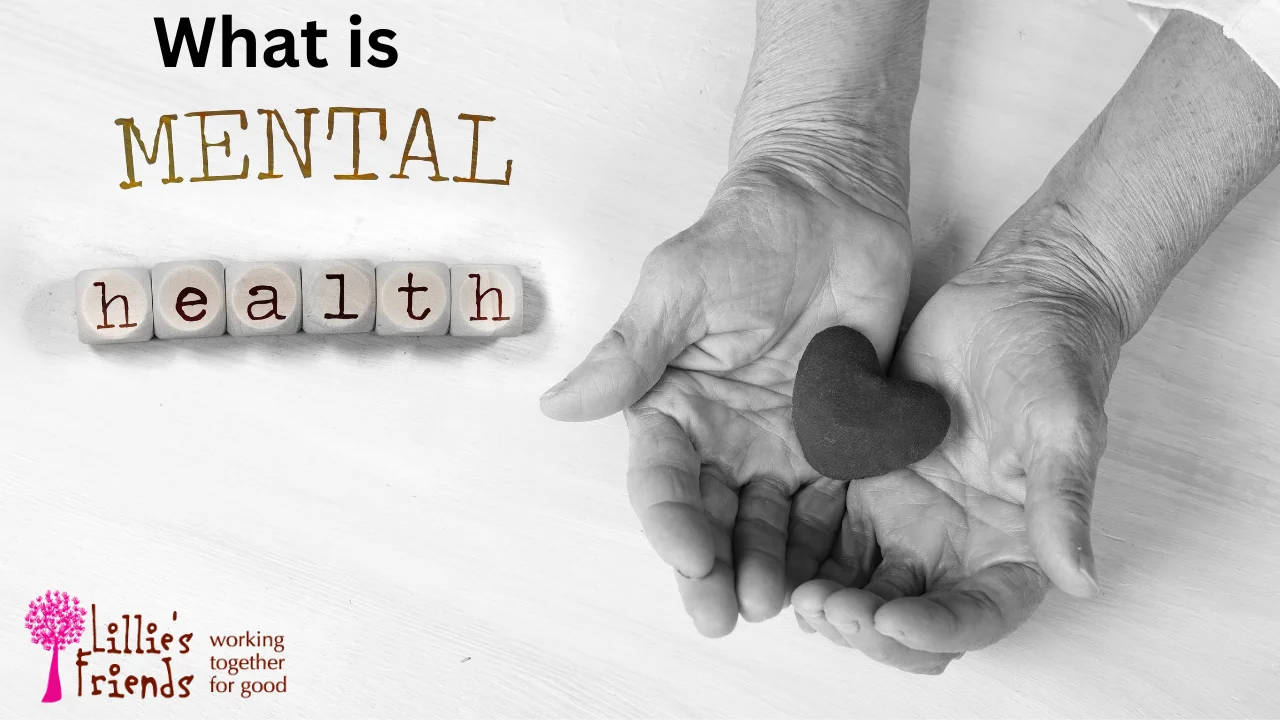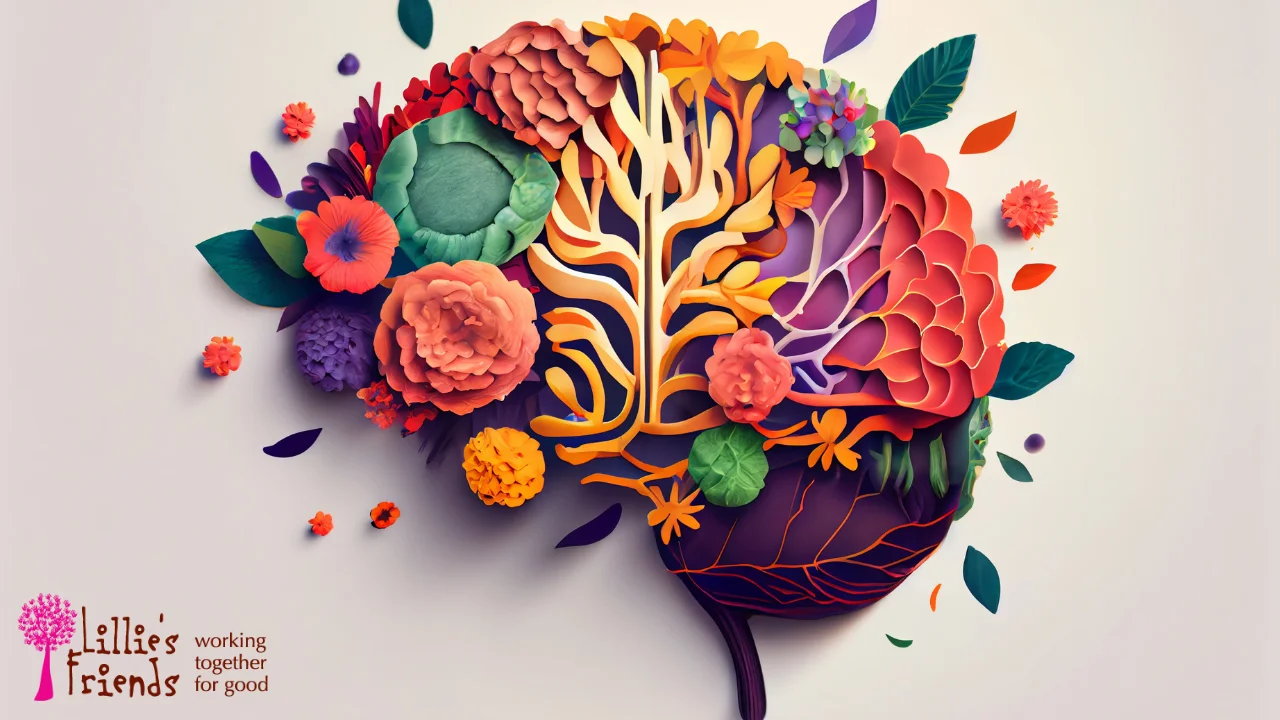It’s not always easy to distinguish between mental health issues and regular mental health. While moderate signs of certain mental illnesses are simple to notice or dismiss, others may have more subtle symptoms. When does shyness, for instance, turn into a social phobia? And when can mood fluctuations indicate depression?
This is a summary of the definition and diagnosis of mental health issues, along with advice on when and how to get mental health care for yourself or a loved one.

What is Mental Health?
Your mental health refers to the general well-being of your thoughts and emotions, which may influence your behavior. Mental stability, which is a sign of excellent mental health, refers to your ability to manage and regulate your thoughts, emotions, and actions according to medical standards, societal expectations, and cultural norms.
WHO↗ estimates that one in eight persons worldwide suffer from mental illnesses. Changes or novel patterns in an individual’s thoughts, emotions, and behavior that impair their capacity to operate in accordance with accepted medical wisdom and societal norms are indicative of mental illnesses.
Your capacity to operate normally in various contexts and circumstances might be impacted by mental instability, including:
- inability to sustain social or personal ties.
- I am experiencing poorer results at work or in the classroom.
- having a decline in mental abilities↗.
Nonetheless, there isn’t a single, accepted definition of stable mental health, particularly in light of cultural and social standards. In any case, if you are experiencing mental instability and are unsure of how to return to feeling normal, it is recommended that you seek mental health care.
How are disorders of the mind diagnosed?
Medical practitioners use two criteria to identify and diagnose mental health disorders.
- The American Psychiatric Association’s Diagnostic and Statistical Manual of Mental Disorders (DSM↗) (APA).
- World Health Organization’s (WHO) International Classification of Diseases (ICD↗).
Both recommendations describe the indications and symptoms of every recognized mental illness. The kind, duration, and significance of the condition’s indications and symptoms are the basis for the DSM’s diagnostic criteria for mental health disorders. It also discusses risk factors, prevalent concomitant illnesses, and the normal course of each problem.
The following, among other things, may be used to diagnose a mental health disorder:
- We will conduct an examination of the medical history of physical and mental health conditions for you and your family.
- This is an examination of the significant life events—such as abuse, family crises, and trauma—that you and your family have experienced.
- A comprehensive physical examination is conducted to rule out medical conditions that might be causing symptoms of mental disorders.
- The study is examining drug and alcohol misuse, both past and present.
- You should examine any recent occurrences or changes in your life that could have had an effect on your attitudes, sentiments, or actions.
- We assess your mental health by administering psychological tests that measure your mental, emotional, and behavioral responses.
- The process involves evaluating your mental health issues and the reasons behind your need for assistance, such as asking yourself, “What’s wrong with me mentally?” or “Why do I feel that I need mental help?”
- You are examining any ideas you may have had in the past or now about hurting yourself or other people.
Some mental diseases also need information from individuals who are familiar with you for the diagnostic evaluation. For example, your parents or spouse may be required to complete a questionnaire covering some of the previously mentioned topics.
A mental health issue may be diagnosed by a clinical social worker, psychologist, psychiatrist, or other licensed medical practitioner. During the diagnostic evaluation, they could communicate with your primary care physician as well.
When to Get Psychiatric Assistance
Every mental illness has telltale indications and symptoms, and some mental illnesses may not even cause noticeable symptoms in their sufferers. In general, it’s best to get psychiatric assistance if you exhibit any of the signs listed below, which are often indicative of mental instability:
- Severe mood fluctuations.
- I am experiencing a lot of anxiety.
- abuse of substances.
- The individual is withdrawing from daily tasks and social interactions.
- His actions were hostile and furious.
- Ignorance and protracted melancholy are prevalent issues.
- The speaker is making aggressive and suicidal remarks.
- There is an inability to manage day-to-day issues and tasks.
- There have been notable personality changes.
- There have been significant adjustments to sleeping and eating schedules.
Unfortunately, out of shame or fear, many individuals who struggle with mental health illnesses choose to disregard their symptoms as normal. A patient may decide to discontinue therapy by declaring, “I am no longer mentally ill.” But it is ineffective to ignore your illness and put off receiving therapy; if you are mentally ill, you must acknowledge the situation and begin getting care.
Obtaining Assistance
If you are experiencing mental health issues, you can find yourself thinking about the following questions:
- Why don’t I fit into the stereotype?
- What’s the matter with me?
- Do I suffer from a mental illness?
- My mental state is erratic. How should I proceed?
- Is there a danger to my mental health?
- Do I suffer from a mental illness?
- Am I exaggerating, or am I mentally ill?
- Where can I go for assistance if I’m mentally ill?
- Does every person suffer from a mental illness?
You must get psychiatric assistance as soon as possible to address your problem and lead a psychologically healthy life. To have any underlying mental health condition evaluated and treated, Mental Health America (MHA) advises doing the following:
- We use proven screening tools to assess and track your mental well-being.
- I am currently speaking with a therapist.
- Understanding the early risk factors and warning indicators of mental health issues is crucial.
- I am looking for and joining a support group for mental health.
- Creating an Advance Directive for Psychiatry↗.
Finally
It’s simple to overlook or dismiss some mental health conditions. All things considered, it’s best to see a psychiatrist if you think you or a loved one could be suffering from a mental illness.











